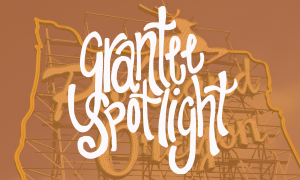page
Ability & Disability
By including the perspectives of people with diverse abilities, we can create affirming learning spaces that reject ableism. Changing the learning environment to be more inclusive—instead of a focus on changing the
June 28, 2017


